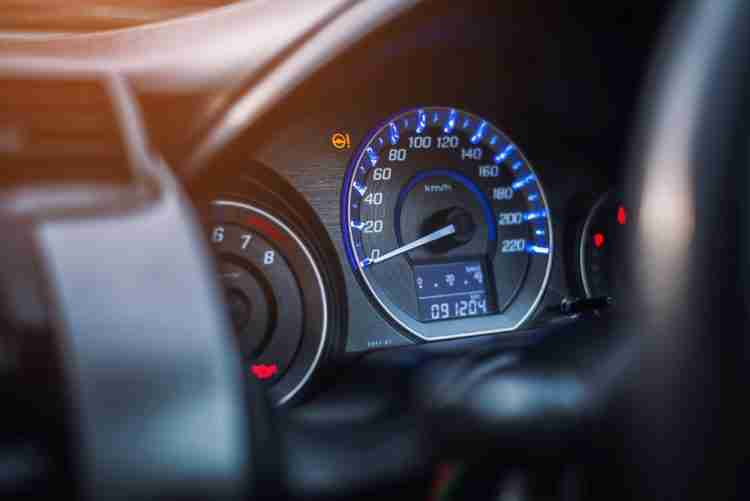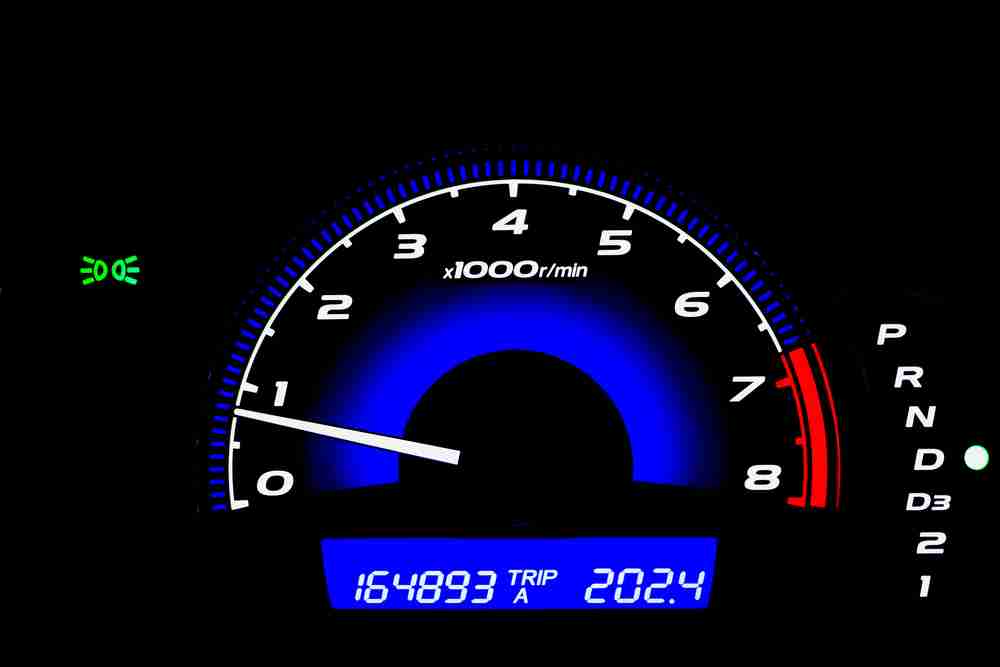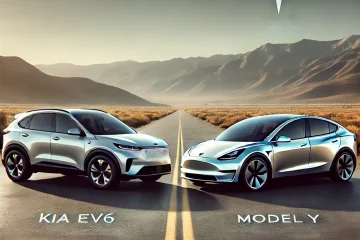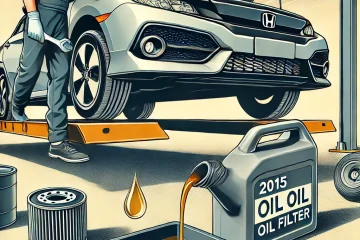Is Mileage or Age of Car More Important?

If you are shopping for a new car, you will need to consider two factors; the vehicle’s age and mileage but which one is more important?
New vehicles tend to cost more because they haven’t endured as much wear and tear. Likewise, older models with fewer miles on the clock are typically more expensive than those with more mileage.
Over time, your car will depreciate meaning that when you decide to sell it, it will be worth less than what you bought it for.
This decrease in value is caused by wear and tear and can be influenced by both age and mileage. The amount in which the value drops can differ depending on the vehicle.
Sometimes the mileage on a newer vehicle will be higher than an older vehicle and a vehicle that has been used intensely will have been subject to more wear and tear. A vehicle with high mileage is also likely to be cheaper because there is a greater chance of the parts failing.

Typically, the average annual mileage is around 12,000 miles so a car that has done less than 84,000 miles over a four-year period will be categorized as low mileage. A car that has significantly exceeded this will be marketed as high mileage.
The environment in which the vehicle has been driven is also going to impact its longevity and mileage. For example, a car may have lower mileage but if it has been driven on a lot of different terrains or through cities it may be in worse condition than a vehicle with higher mileage that has been used for highway driving because it is accustomed to smoother terrain.
Also, a car may have more miles on the clock but a good service history. When searching for a car, it is important to visit a reputable dealer because some may alter the car’s mileage so that it gives a lower and more appealing reading.
As the mileage is often an indicator of the condition and how well maintained the vehicle is, it tends to have more importance. Despite this, the age of the car is still a consideration. Vehicles generally have a lifespan of around 12 years which equates to approximately 200,000 miles.
Although a newer model may seem more appealing, the vehicle may have endured a lot of use and therefore may fail to run as smoothly as anticipated. However, other newer models may have low mileage and are therefore more likely to deliver long-lasting use.
Whilst you may be hesitant to buy an older vehicle, you may find a model that has a low mileage and a lot of use left in it. Because of this, do not be deterred by age. On the other hand, if a car is older and hasn’t been used very often, the parts are much more likely to begin deteriorating when it is then used again.
As a result, you may find yourself replacing these parts more frequently than you would like. Checking the service history of the vehicle beforehand is useful as this will show how well it has been cared for previously and how long it is expected to last because of this.
How does mileage affect car value?
The mileage of a car can greatly influence its value. As mentioned previously, over time, a car will depreciate and this can be due to a range of factors, the mileage being one of the most prominent.
Because a car with a higher mileage has more wear and tear it is more likely to be confronted with technical problems. As the mileage increases, this risk heightens.
Car mileage is categorized by bands or sets of 20,000. Essentially, this means that the car will decrease in value as the mileage increases in this amount. For example, as the mileage increases from 20,000 to 40,000 to 60,000 miles, it is likely to lose an estimated 20% of its value.
When you purchase a new car, as soon as it reaches the 20,000 mile margin it will not share the same value as it did when you first bought it. Even in the first year of owning the car, the value can decrease by 15% to 35%. Once the car is five years or older the car is likely to lose a chunk of its value.
Annually, cars are expected to travel for an estimated 10,000 to 12,000 miles, however, if the car’s mileage reading is significantly higher than this it will be reflected in the price of the car.
Whilst the mileage is an influential factor, the age of the car and condition will also determine how much the value depreciates. A vehicle that is reliable, without a history of accidents or damage is going to have more value than a vehicle that is in poor condition, e.g damaged, equipment that doesn’t work, and faulty parts.
Even if a vehicle with the latter has lower mileage than the former, the poor condition means that it isn’t going to be highly sought after by prospective buyers. There may be an older car with high mileage that has been well cared for and maintained by its previous owner and has therefore retained its value.
As you can see, the value of a car isn’t solely determined by one factor but rather three issues that interlink in some way. Though a car may be newer, it may have racked up a lot of mileage by previous owners in the first few years of use and because of this, the parts are more likely to deteriorate in quality as they have been subject to more wear and tear which will affect its value.
An older car may have high mileage but because it has been maintained well in the past it has held its value. When looking for a new vehicle, it is important to account for each of these factors because they can all affect how much the car depreciates.













No Comment